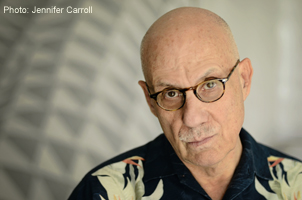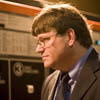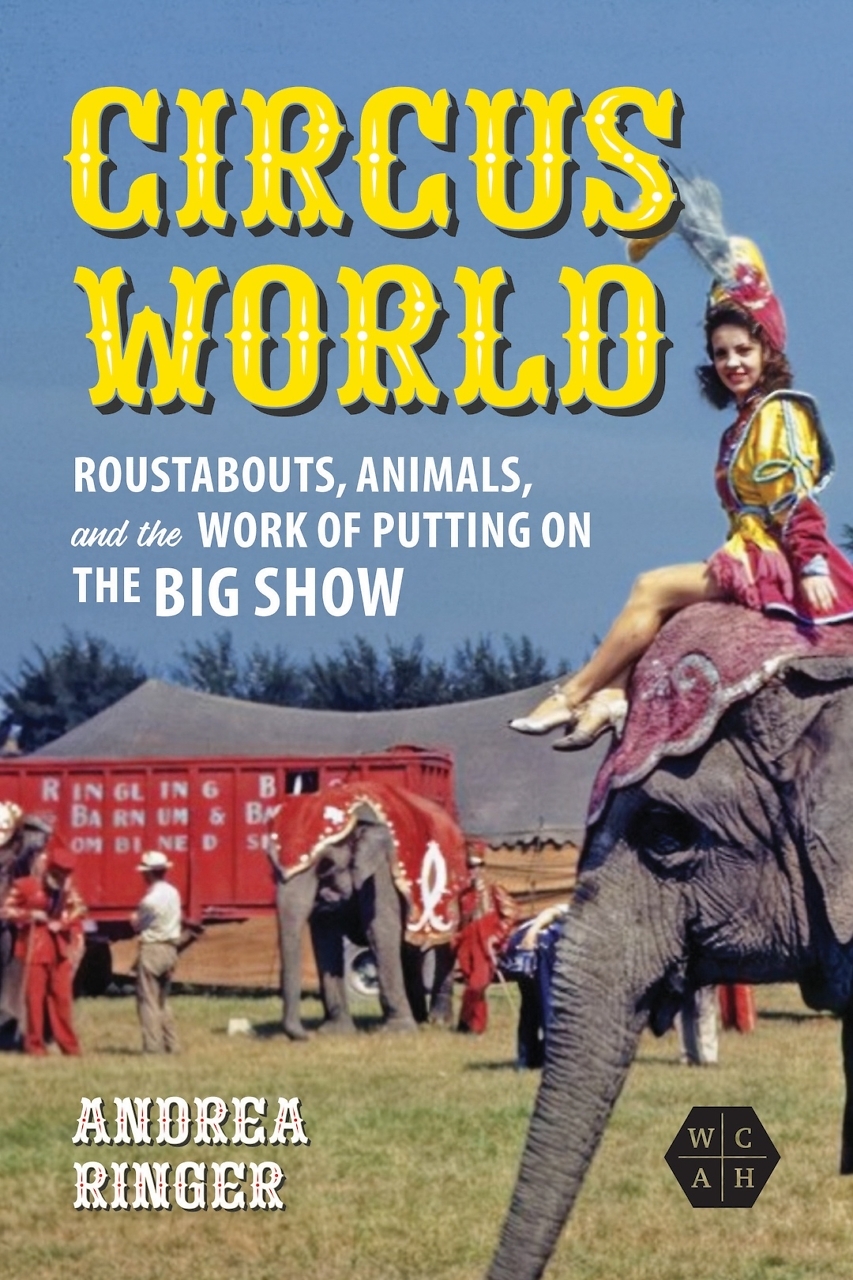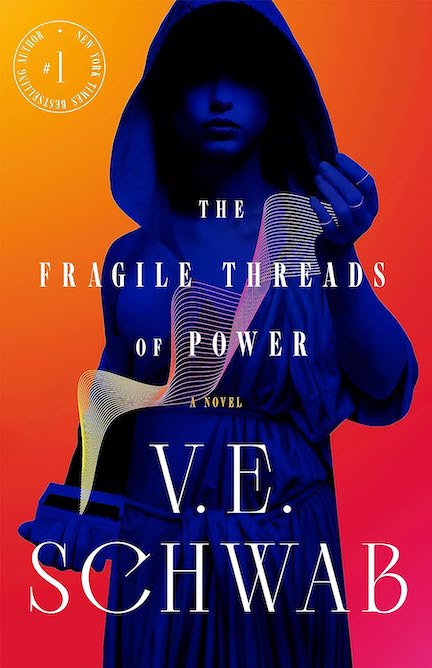War Noir
James Ellroy talks with Chapter 16 about cops, history, and “literary megalomania”
With the L.A. Quartet—The Black Dahlia, The Big Nowhere, L.A. Confidential, and White Jazz—James Ellroy forever cemented his place as a master of American crime fiction. Now, twenty-seven years after The Black Dahlia introduced readers to boxers-turned-cops Bucky Bleichert and Lee Blanchard, they and other familiar figures return in Perfidia, a powerhouse prequel that introduces Ellroy’s Second L.A. Quartet.
As always, each of Ellroy’s short sentences hit the reader with the power of a rabbit punch, but they combine to build complex characters against the backdrop of the city. This novel’s Los Angeles is home to a large Japanese population—not to mention an active contingent of Nazi sympathizers—at the moment of the attack on Pearl Harbor. Familiar characters and historical figures are once again at the center of the action, although as a prequel, the novel is easily accessible to readers not familiar with the series.
 Ellroy, who in October will discuss Perfidia at the Southern Festival of Books, recently answered questions from Chapter 16 via email, delivering his comments in the staccato manner of one of his own tough-guy characters.
Ellroy, who in October will discuss Perfidia at the Southern Festival of Books, recently answered questions from Chapter 16 via email, delivering his comments in the staccato manner of one of his own tough-guy characters.
Chapter 16: The first L.A. Quartet must have been a massive undertaking. What inspired you to take on a second quartet?
Ellroy: Literary megalomania.
Chapter 16: L.A. police officers have always been flawed heroes in your work, though perhaps never more flawed than in Perfidia, where cops perform brutal and often illegal acts in virtually every chapter. Was there something about the era that led to greater corruption?
Ellroy: No. The hero of Perfidia, Captain William H. Parker, went on to reform L.A.P.D. from the ground up when he became chief in 1950.
Chapter 16: The song that gives the novel its title seems a perfect summary of the betrayal and treachery that shape the story. It was a hit for Xavier Cugat, Glenn Miller, Desi Arnez, Nat King Cole, and many others, and plays in the background of several chapters. Did you have a particular version in mind when you chose it as the title? At what point in the book’s conception did it emerge as an apt metaphor for the “fifth column” of the war?
Ellroy: I understood going in that Perfidia was the perfect title for this novel. It summarizes both the levels of betrayal and allegiance as well as the romantic lives of my protagonists. My favorite rendition is the Glenn Miller.
 Chapter 16: As in your previous work, Perfidia blends historical characters with fictional ones. In reaching further back in time for this novel than for any of the previous ones, how did you tease out so many of the historical characters’ bad habits and misdeeds?
Chapter 16: As in your previous work, Perfidia blends historical characters with fictional ones. In reaching further back in time for this novel than for any of the previous ones, how did you tease out so many of the historical characters’ bad habits and misdeeds?
Ellroy: Daddy-o, let’s just say I have a vivid imagination and a retroactive snout for trouble.
Chapter 16: One recurring element in Perfidia is the emergence of new technologies—in photography, recording devices, forensic science—that seemed to change the nature of police work, for both good and bad. Did your research into the technology of 1941 turn up any surprises?
Ellroy: No. Since I am not in any way conversant with current technology, 1941 technology is a natural place for me to light.
Chapter 16: The time span of Perfidia is a mere twenty-three days in December 1941. Will the coming books of the new quartet also focus on narrow, key moments as the war progresses? How do you go about choosing such moments?
Ellroy: No. Only this novel is told in real time. The obvious explosion caused by the Japanese attack on Pearl Harbor mandated a chaotic string of days to follow. Hence, the real-time motif in Perfidia.
Chapter 16: When can readers look for the second book in the new quartet? Does it have a title you’re willing to divulge?
Ellroy: The title is a secret. Readers can expect a continuation of the story though the summer of 1942.

Michael Ray Taylor teaches journalism at Henderson State University in Arkadelphia, Arkansas. He is the author of three traditional books of nonfiction—Cave Passages, Dark Life, and Caves—as well as The Cat Manual, an ebook.





